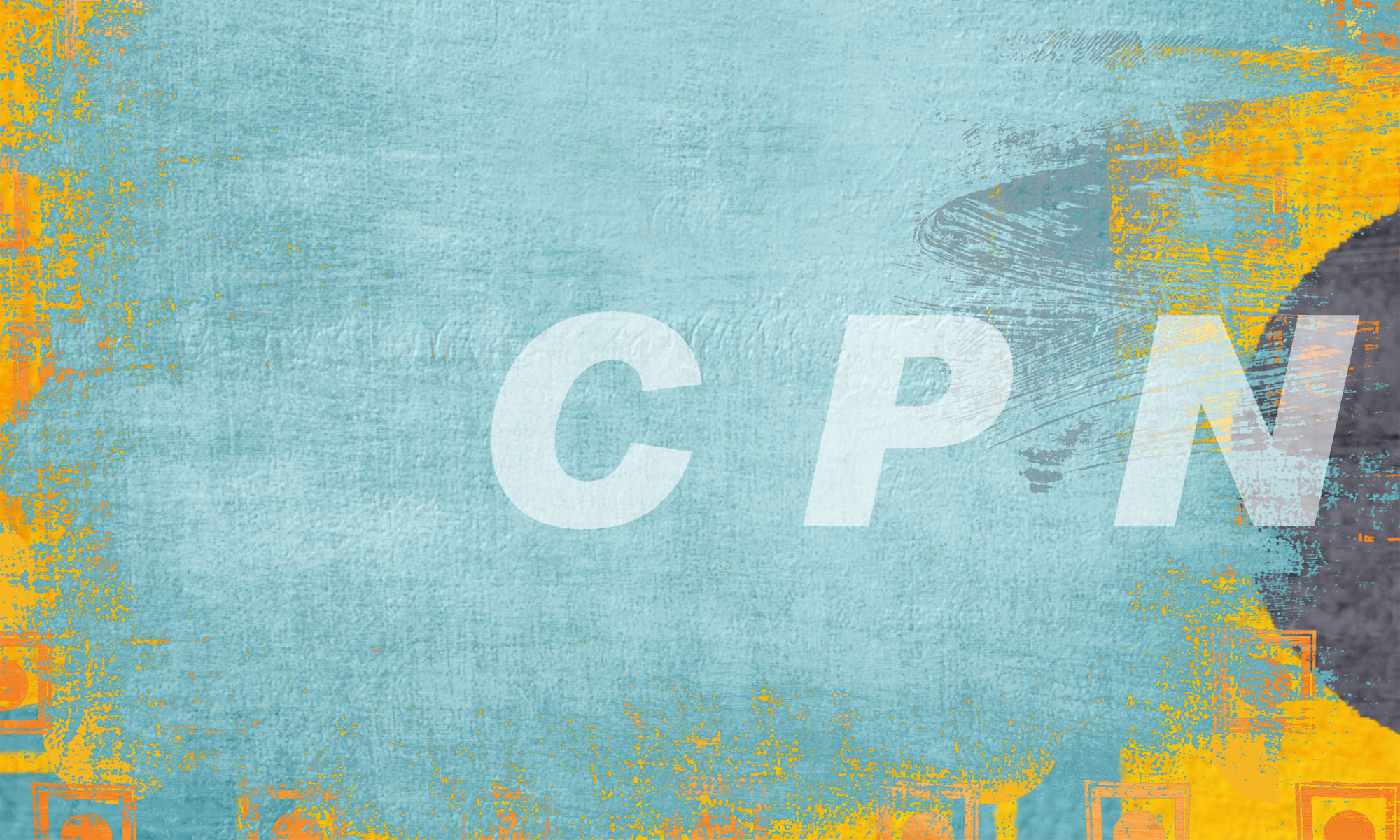Historical Marker unveiled at Central Library for crucial desegregation case of Swanson v. UVA
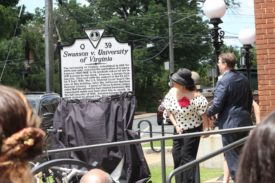 On May 19, 2022, a crowd assembled at the intersection of East Market Street and 3rd Street NW in downtown Charlottesville to watch the unveiling of a historic marker to commemorate an important moment in the desegregation of education in Virginia. In 1950, Gregory Swanson applied to attend the University of Virginia School of Law, but he was denied a space because he was Black. He sued in federal court citing 14th Amendment rights to equal protection, and a three-panel judge heard arguments on September 5 that year. Our recording begins with David Plunkett, the director of the Jefferson-Madison Regional Library.
On May 19, 2022, a crowd assembled at the intersection of East Market Street and 3rd Street NW in downtown Charlottesville to watch the unveiling of a historic marker to commemorate an important moment in the desegregation of education in Virginia. In 1950, Gregory Swanson applied to attend the University of Virginia School of Law, but he was denied a space because he was Black. He sued in federal court citing 14th Amendment rights to equal protection, and a three-panel judge heard arguments on September 5 that year. Our recording begins with David Plunkett, the director of the Jefferson-Madison Regional Library.
Timeline for podcast:
- 00:00 – Introduction
- 00:50 – Comments from David Plunkett, Jefferson-Madison Regional Library
- 04:10 – Comments from Risa Goluff, Dean of the University of Virginia School of Law
- 10:00 – Comments from M. Rick Turner
- 12:00 – Comments from Donna Price, Chair of the Albemarle Board of Supervisors
- 15:30 – Comments from Lloyd Snook, Mayor of the City of Charlottesville
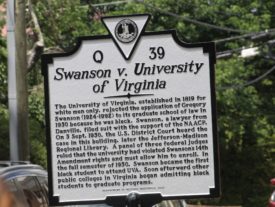
Wake-Up Call: Mr. Jefferson’s University
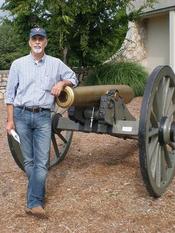
In recognition of this year’s 200th anniversary of the University of Virginia, Sunday Morning Wake Up Call producer Dan Gould talks with historian Rick Britton about the founding of Mr. Jefferson’s university.
The Sunday Morning Wake-up Call is heard on 94.7 WPVC the Progressive Voice of Charlottesville, Sundays from 11 a.m. to noon.
Wake-Up Call: The History Behind Charlottesville’s Civil War Statues

Sunday Morning Wake-up Call producer Dan Gould talks with local historian Rick Britton about the history behind Charlottesville’s Civil War statues. Topics include: The dual nature of the legacy of Robert E. Lee and Stonewall Jackson, and a look at the Jim Crow south during the time the statues were dedicated.
The Sunday Morning Wake-up Call is heard on 94.7 WPVC the Progressive Voice of Charlottesville, Sundays from 11 a.m. to noon.
Inside Charlottesville: Rick Britton
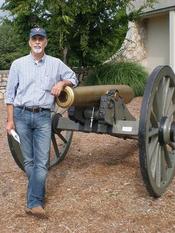
Local historian and broadcaster Coy Barefoot talks to Charlottesville author, historian and cartographer Rick Britton.
Inside Charlottesville is heard on WPVC 94.7 Monday afternoons from 4:00 – 6:00 p.m. The station is looking for volunteers.
Jefferson’s Legacies: Neoclassical Legacy: Jefferson & Architecture
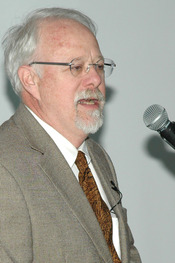
On March 31, 2016, Travis McDonald presented the fourth and final part of our Thursday series entitled Jefferson’s Legacies.
Travis McDonald is an architectural historian who has directed the restoration of Thomas Jefferson’s villa retreat Poplar Forest since 1989. The restoration has been acknowledged as one of the most authentic such projects in the United States. Mr. McDonald has written and lectured extensively on Jefferson, Poplar Forest and early Virginia architecture. He formally worked for the chief historical architect of the National Park Service for the Colonial Williamsburg foundation and has directed museum restorations in Virginia for more than thirty years. Travis received his graduate degree in architectural history from the University of Virginia School of Architecture. In 2011, he was awarded the highest award, The Architecture Medal for Virginia Service by the Virginia Chapter of the American Institute of Architects for his work on Poplar Forest.
Mr. McDonald serves on many historic preservation advisory boards including that for Thomas Jefferson’s buildings at the University of Virginia.
The lecture series was organized by award-winning historian and Charlottesville-based author, lecturer, and cartographer Rick Britton in conjunction with the Senior Center in Charlottesville.
Click here to listen to all four parts of this series.
Jefferson’s Legacies: The Founding of the Thomas Jefferson Foundation
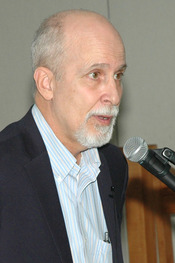
On March 10, 2016, Rick Britton presented the third lecture in our four part CPN Thursday series entitled Jefferson’s Legacies.
The story of the founding of the Thomas Jefferson Foundation is full of many odd twists and turns. Following his death, the Jefferson estate fell into the hands of private owners. In this podcast, you will learn how the United States third president’s home, Monticello, came to be a public place in honor of its most famous resident.
Rick Britton is a historian of the Old Dominion who specializes in 18th- and 19th-century Virginia history. Two of his main areas of expertise are the American Civil War and the life and times of our third president, Thomas Jefferson. Along with his writing, Rick conducts tours of Civil War battlefields, teaches classes on the history of central Virginia, organizes history programming for the Senior Center in Charlottesville, illustrates maps for history books, and lectures all across Virginia on a wide range of topics. With over 200 published articles and essays under his belt, he’s the author of Albemarle & Charlottesville: An Illustrated History and Jefferson: A Monticello Sampler for which he was awarded a medal for non-fiction at New York City’s Book Expo, the nation’s largest book convention. His newest book, Virginia Vignettes (Vol. 1) – Famous Characters & Events in Central Virginia History, is the first of a new series featuring some of the men and women who figure large in 18th- and 19th-century American history.
The lecture was presented by Rick Britton as a part of this series and was held in conjunction with the Senior Center in Charlottesville. Click here to listen to all four parts of this series.
Jefferson’s Legacies: Monticello’s Archaeological Legacy
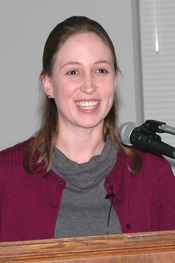
On March 3, 2016, Beth Sawyer presented the second lecture in a our four part CPN Thursday series entitled Jefferson’s Legacies.
In this podcast you will learn about more than just the famous Jefferson home at Monticello. Jefferson’s time “on the mountain” left a rich archaeological legacy which is still being investigated today.
Beth Sawyer is an archaeological analyst at Monticello and works in the archaeology lab processing artifacts and performing analysis as well as working with public programs. A graduate of William and Mary University, she volunteered with the Fairfield Foundation in Tidewater, and interned with Montpelier before joining the Monticello team. For the past ten years she has been engaged with every aspect of the archaeology department including field work, artifact processing, museum exhibits, public archaeology programs and the current mountain top restoration project. Her varied research interests include plantation archaeology and ceramic analysis, but she most enjoys sharing her findings and engaging with the public.
The lecture series was organized by award-winning historian and Charlottesville-based author, lecturer, and cartographer Rick Britton in conjunction with the Senior Center in Charlottesville.
Click here to listen to all four parts of this series.
Jefferson’s Legacies: Jefferson and Botany
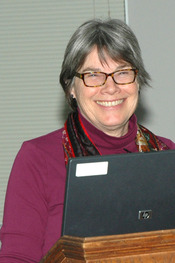
On February 18, 2016, Peggy Cornett presented the first lecture in a new four part CPN Thursday series entitled Jefferson’s Legacies.
Third president of the United States Thomas Jefferson had many interests including a love of botany. Monticello Curator of Plants Peggy Cornett talks about Jefferson’s interest in botany the effects of which can still be seen today.
Peggy Cornett has worked at Monticello since 1983. Shebegan as an associate director of gardens and grounds and from 1992 to 2009 she served as director of the Thomas Jefferson Center for Historic Plants. Before Ms. Cornett assumed her current position, Curator of Plants, she graduated from the University of North Carolina at Chapel Hill with degrees in English and botany and a master’s degree in public garden administration from the Longwood Graduate program at the University of Delaware.
Ms. Cornett has lectured widely on garden history topics throughout the United States as well as at the American Museum in Bath England, and for the Bermuda Rose society in Hamilton Bermuda. Peggy writes articles for gardening magazines, professional journals, including the American Public Garden Association, and she wrote, produced and edited Twinleaf, the Thomas Jefferson Center for Historic Plants annual journal and catalog. Since 1990 she has edited and produced Magnolia, the quarterly publication of the Southern Garden History Society.
The lecture series was organized by award-winning historian and Charlottesville-based author, lecturer, and cartographer Rick Britton in conjunction with the Senior Center in Charlottesville.
Click here to listen to all four parts of this series.
Virginia Festival of the Book 2016: The Civil War Before, During, and After
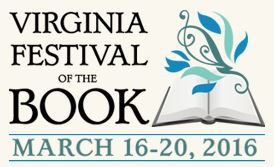
Authors James Robertson, Jr. (After the Civil War), Mark Tooley (The Peace That Almost Was), and Joseph Wheelan (Their Last Full Measure) discuss their histories.
The authors spoke at the Charlottesville City Council Chambers on March 18, 2016 as a part of the 2016 Virginia Festival of the Book. The program was moderated by Charlottesville-based historian and author Rick Britton. Following the presentation questions were taken from the audience.
Our thanks to the Virginia Festival of the Book and Charlottesville TV10 for providing this audio.
Virginia Festival of the Book 2016: Battleship! 19th c. American Naval History

Authors Dwight Hughes (A Confederate Biography: The Cruise of the USS Shenandoah) and Charles Neimeyer (War in the Chesapeake: The British Campaigns to Control the Bay, 1813-1814) discuss specific aspects of 19th century American naval history.
The authors spoke at the Charlottesville City Council Chambers on March 18, 2016 as a part of the 2016 Virginia Festival of the Book. The program was moderated by Charlottesville-based historian and author Rick Britton. Following the presentation questions were taken from the audience.
Our thanks to the Virginia Festival of the Book and Charlottesville TV10 for providing this audio.
Slavery and Plantations
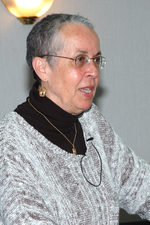
On April 30, 2015, Leni Sorensen presented the sixth and final part of our CPN Thursday series entitled The Civil War Through Different Lenses (2015).
“In 1820 only 12% of the enslaved had been born in Africa. By the decade leading to the Civil War, American Slaves were Christian, with English their first and only language,” says Sorensen in this interesting talk about the role slaves played in the development of the plantation system.
Leni Sorensen majored in history at Mary Baldwin, and earned her MA and PhD in American Studies at the College of William and Mary. For over thirty years she worked as a university lecturer, museum consultant, hands on presenter and researcher with a focus on African American slavery, American agriculture and Woman’s work in colonial and post-colonial America. Formerly Monticello’s African-American Research Historian, Ms. Sorensen teaches rural life skills such as canning, butchering, and cookery from her home in Western Albemarle County.
The lecture series was organized by award-winning historian and Charlottesville-based author, lecturer, and cartographer Rick Britton in conjunction with the Senior Center in Charlottesville.
Click here to listen to all six parts of this series.
